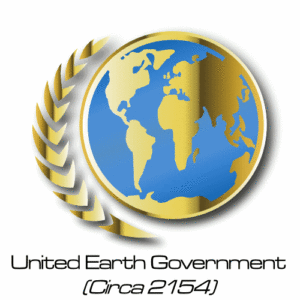Gideon Rachman
 I have never believed that there is a secret United Nations plot to take over the US. I have never seen black helicopters hovering in the sky above Montana. But, for the first time in my life, I think the formation of some sort of world government is plausible
I have never believed that there is a secret United Nations plot to take over the US. I have never seen black helicopters hovering in the sky above Montana. But, for the first time in my life, I think the formation of some sort of world government is plausible
A “world government” would involve much more than co-operation between nations. It would be an entity with state-like characteristics, backed by a body of laws. The European Union has already set up a continental government for 27 countries, which could be a model. The EU has a supreme court, a currency, thousands of pages of law, a large civil service and the ability to deploy military force.
So could the European model go global? There are three reasons for thinking that it might.
First, it is increasingly clear that the most difficult issues facing national governments are international in nature: there is global warming, a global financial crisis and a “global war on terror”.
Second, it could be done. The transport and communications revolutions have shrunk the world so that, as Geoffrey Blainey, an eminent Australian historian, has written: “For the first time in human history, world government of some sort is now possible.” Mr Blainey foresees an attempt to form a world government at some point in the next two centuries, which is an unusually long time horizon for the average newspaper column.
But—the third point—a change in the political atmosphere suggests that “global governance” could come much sooner than that. The financial crisis and climate change are pushing national governments towards global solutions, even in countries such as China and the US that are traditionally fierce guardians of national sovereignty.
Barack Obama, America’s president-in-waiting, does not share the Bush administration’s disdain for international agreements and treaties. In his book, The Audacity of Hope, he argued that: “When the world’s sole superpower willingly restrains its power and abides by internationally agreed-upon standards of conduct, it sends a message that these are rules worth following.” The importance that Mr Obama attaches to the UN is shown by the fact that he has appointed Susan Rice, one of his closest aides, as America’s ambassador to the UN, and given her a seat in the cabinet.